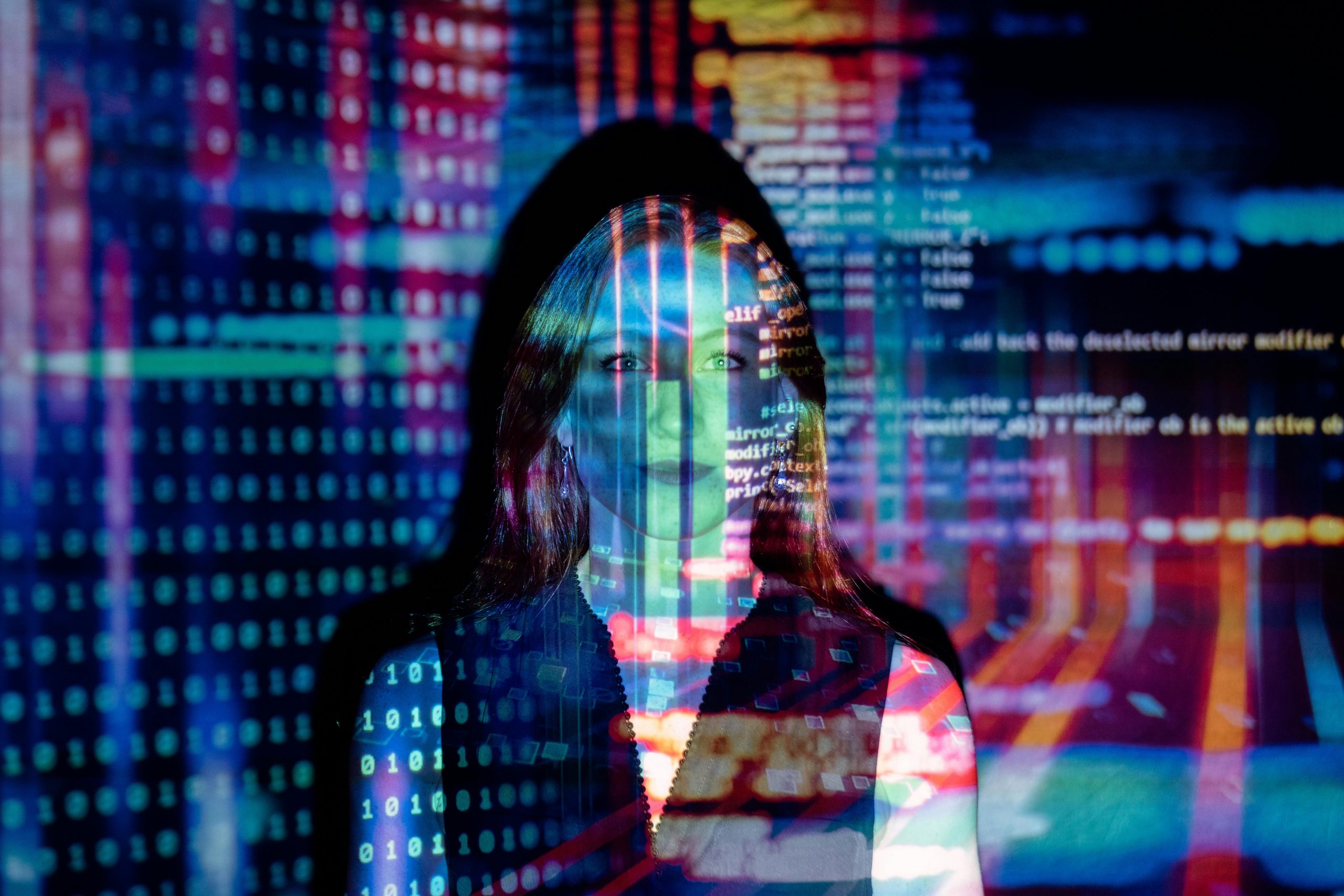How will you know if future ai videos are real? how will people avoid blackmail?
The Reality of Deepfake Technology: Navigating Future Risks and Concerns
As advancements in artificial intelligence continue to surge, a pressing question emerges: How will we discern the authenticity of videos in the future? The startling realism of AI-generated content raises alarms about potential misuse, particularly regarding personal reputation and security.
Imagine a scenario where individuals, especially influential public figures, find themselves victimized by fabricated videos that portray them engaged in questionable or scandalous behavior. The implications of such technology stretch beyond mere embarrassment; they ripple into serious concerns about blackmail and personal safety. In just a few years, it may be possible for anyone with access to basic tools to create a deceptive video using snippets of someone’s visage and voice, potentially devastating their personal and professional lives.
The critical challenge lies not only in the creation of these deepfakes but also in the aftermath. Even if technologies are developed to detect these forgeries, consider the psychological and societal implications. Who will trust the results of a scan proving a video is falsified? In a world fueled by sensationalism, the reality may pale in comparison to the narrative that spreads like wildfire, leaving the individual unable to reclaim their tarnished reputation.
The potential for misinformation extends far beyond individuals to families and communities, as misconceptions can lead to job loss, ostracism, and exploitation by fraudsters. This dark possibility is causing many to reconsider their presence on social media platforms. The idea of sharing personal content—once a source of connection and creativity—now feels fraught with risk.
As we advance, it’s essential to foster awareness about the capabilities and limitations of AI-generated content. Emphasizing digital literacy can empower individuals to navigate this complex landscape. Moreover, as we grapple with these ethical questions, we need public discourse and regulatory frameworks to ensure that technology serves as a tool for enrichment rather than exploitation.
In light of these challenges, the decision to limit one’s online presence is becoming increasingly common, reflecting a broader societal anxiety. The future of video content is uncertain, and taking precautions today could safeguard against the unpredictable tomorrows we may face.














Post Comment